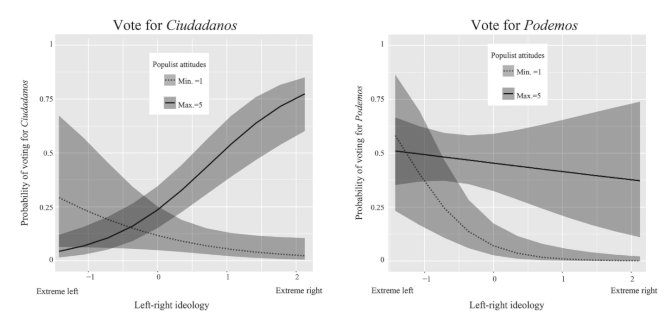Voters in Germany are heading to the polls today for the country’s federal election, with the polls pointing to an exceptionally close race. Ahead of the vote, we look at five key questions that stand to be resolved.
1. Are we witnessing the revival of the SPD?
The story of the campaign so far has been the late rise in polling support for the German Social Democrats (SPD). A few months ago, the party seemed set for one of the worst federal election results in its history, capping an almost two decades long period of decline in support. Yet the SPD will now go into the election with a lead in the polls and a viable chance of heading the next government. Uğur Tekiner looks at how the party has managed to successfully build momentum behind their chancellor candidate, Olaf Scholz.
2. Is Europe’s mainstream right in crisis?
The Christian Democrats (CDU/CSU) have been the dominant force in German politics since coming to power in the 2005 federal election. But with Angela Merkel departing as chancellor, they now face a battle to finish ahead of the SPD. Even if they do manage to lead the next government, it seems certain they will experience another fall in support following a substantial drop in popularity at the last federal election in 2017. Drawing on a new book, Tim Bale and Cristóbal Rovira Kaltwasser explain why the CDU/CSU’s struggles are indicative of a wider crisis within Europe’s mainstream right.
3. Are the Greens on the cusp of government?
The German Greens have seen their polling numbers decline in the final weeks of campaigning, but with the party still in third place, it remains likely they could play a major role in the country’s next government. Charles Lees assesses where the party stands and what a coalition involving the Greens might look like.
4. Is the AfD broadening its appeal to voters?
At the last German federal election in 2017, the Alternative for Germany (AfD) attracted headlines for its hardline stance against immigration. Michael A. Hansen writes that while the party has published a similar manifesto ahead of the 2021 federal election, there has been a noticeable shift toward a more moderate campaigning style.
5. Is there a trend toward more candidates from ethnic minority backgrounds?
Germany is a diverse society, but is this diversity reflected in the candidates who stand for election? Drawing on new research covering federal elections between 2005 and 2021, Julia Schulte-Cloos finds there has been a general trend toward greater numbers of candidates from minority backgrounds, but that this varies substantially between German parties.
Note: This article does not represent the position of EUROPP – European Politics and Policy or the London School of Economics. Featured image credit: hoch3media on Unsplash





